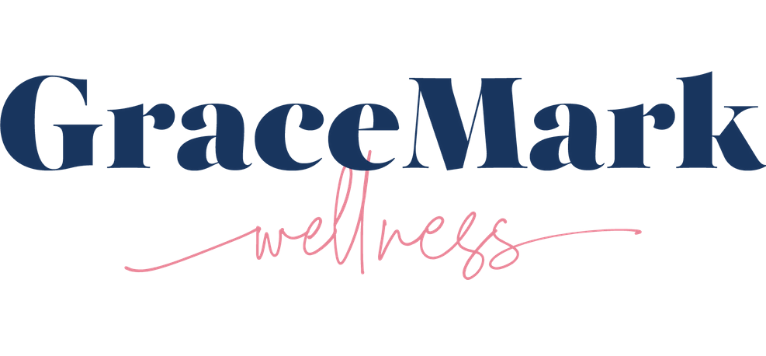Making November Count
National Diabetes Awareness Month 2016
Before I was diagnosed with type 1 diabetes, I knew so little. I was aware of diabetes, but barely. I knew there were two types of diabetes, but I wasn't exactly clear on the differences. I never paid attention because I never had to before it became my disease. Looking back, I reflect upon the great and silent strength my family and friends with T1D exercised, living with this great challenge that I knew so little about, despite my being present for their lives with diabetes for so long.
I didn't know what I didn't know until the day I knew. That's usually how people become aware of diabetes; because it makes itself known, suddenly, and in a way that is impossible to ignore. One of the nurses that assisted in moving me from the ER to ICU explained that a type 1 diagnosis is like a crash landing, which certainly seemed like an appropriate description for my own experience.
But what about knowledge and awareness for people who don't live with diabetes? Or the people who have never even crossed paths with anyone who lives with type 1 diabetes? They might not know anything at all about this disease. I didn't think that it was possible for there to be such a lack of information, in combination with an abundance of misinformation, on this topic. Despite the fact that type 1 diabetes is not a rare disease, knowledge of what it is (and what it is not) is commonly unknown or misunderstood.
THIS IS WHY DIABETES AWARENESS MONTH (NOVEMBER) MATTERS:
There are still people dying of undiagnosed type 1 diabetes
It could have been my story, or the story of countless other children and adults who nearly missed their window to be diagnosed with type 1 diabetes before it took their life. We mourn the lives lost to this unnecessary tragedy and join with their families to call for an improved screening process. Once diagnosed with T1D, we have therapies and devices that assist us in living full and wonderful lives, but undiagnosed, type 1 diabetes can be fatal. We know that knowledge is the power to save lives, which leads me to my next point of passion:
Knowledge of the symptoms of type 1 diabetes is not universal, even amongst medical professionals
But why is this the case? Perhaps family medicine, internal medicine, and pediatric health providers need to receive more education on type 1 diabetes in medical school and/or continuing education. We hear so much about type 2 in the news, and there is so much confusion about the difference between the types, but knowing that information could be the difference between life or death. Knowing that the symptoms of type 1 diabetes can mimic the flu, or other common conditions, could be the difference between life or death. Knowing that T1D can be diagnosed at any age and is not just "juvenile" could be the difference between life or death. Taking the time to test one drop of blood, just to rule out T1D, could save countless lives.
Children and adults are still experiencing discrimination in schools and workplaces based upon their diagnosis of T1D
I could not believe that this is actually an issue until it reared its ugly head in my own life. Yes, there are still people and institutions out there who think it is okay to treat people differently because they deal with chronic illness. They believe T1D is a reason to belittle their employees, holding them back from career opportunities or allowing them to do the job they were hired to perform. There are schools that refuse to provide equal educational opportunities to their students who live with T1D, or impede the implementation of plans that are meant to keep student safety and well-being ever at heart. Let awareness of this disease (and the incredible strength it breeds in those touched by it) overcome these shameful obstacles, once and for all.
Insurance companies are limiting access to medications and devices that can save lives and improve quality of life
The bottom line is that patients who have access to medications that keep them alive and therapies/devices that can improve their quality of life and long-term outcomes can save money by utilizing them. This seems like a no-brainer; pay for quality care in the short-term and reduce the chances of expensive and devastating long-term complications. Many insurance companies still have not realized that embracing these new therapies and devices can pad their own bottom line, let alone be the difference in simply staying alive vs. thriving, for their patients. We discourage deals that perpetuate a willingness to be ignorant about the realities of type 1 diabetes, that benefit businesses and not the bodies who are affected by these decisions in real-time.
Awareness, by way of education and advocacy, is what will fix these problems. That is why I choose to make teachable moments out of ignorant remarks, volunteer with organizations like JDRF, work with families living with type 1 to find their strength after diagnosis, and continue to tell my own story. I mused last November that I was "unwillingly recruited, yet purposefully engaged..." as an advocate for the type 1 community, and this November, I recommit to that purposeful engagement. I invite you to join me.
I am going to do what I can to make this November count. I encourage you to do what you can, where you can, when you can. Paint a blue streak in your hair, mark World Diabetes Day (11/14), chat with a friend or stranger about what life with type 1 is like, raise some money for research, or whatever it is that means raising awareness to you.

